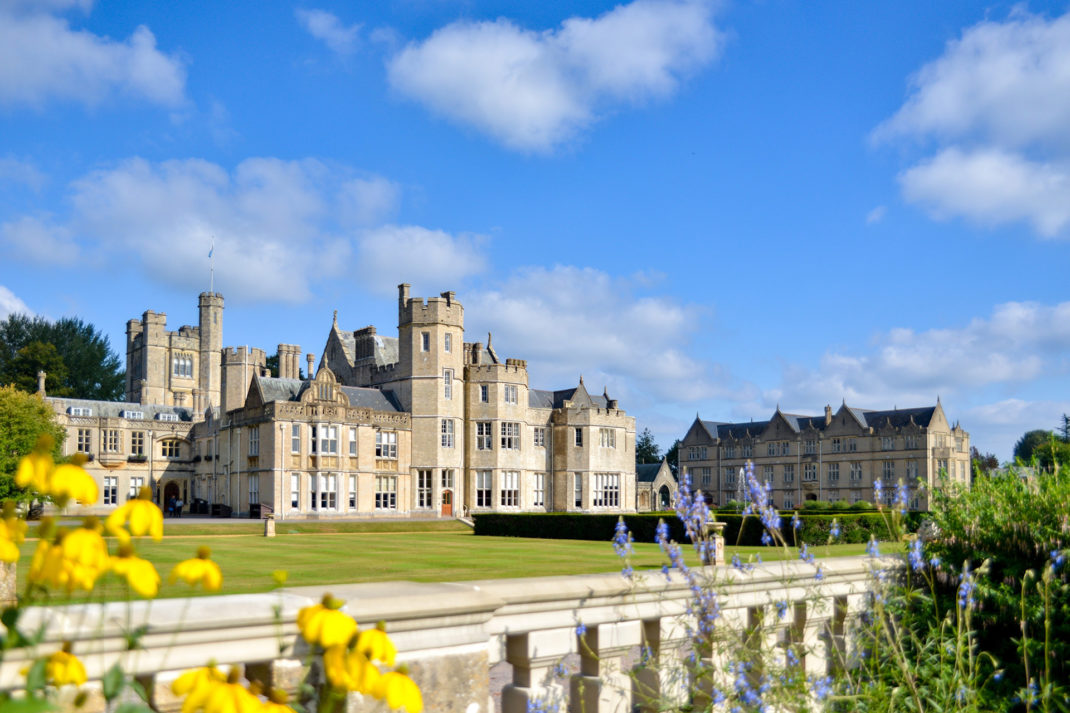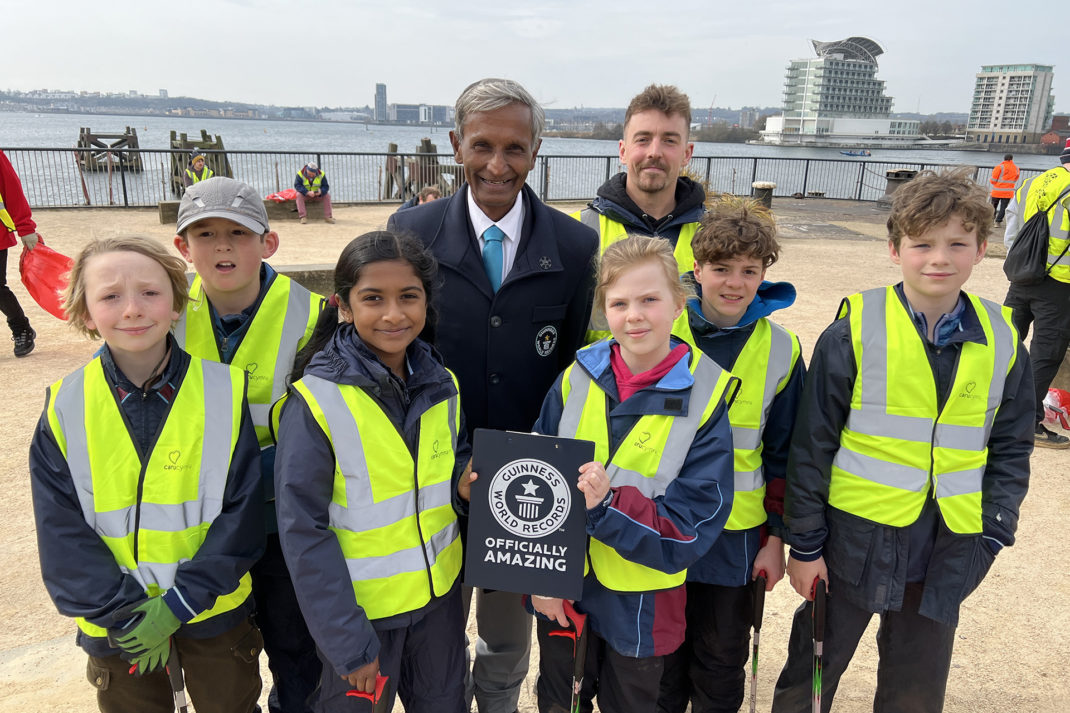What Is The Super Curriculum?
By
7 years ago
Here's why experiences beyond the classroom make all the difference.
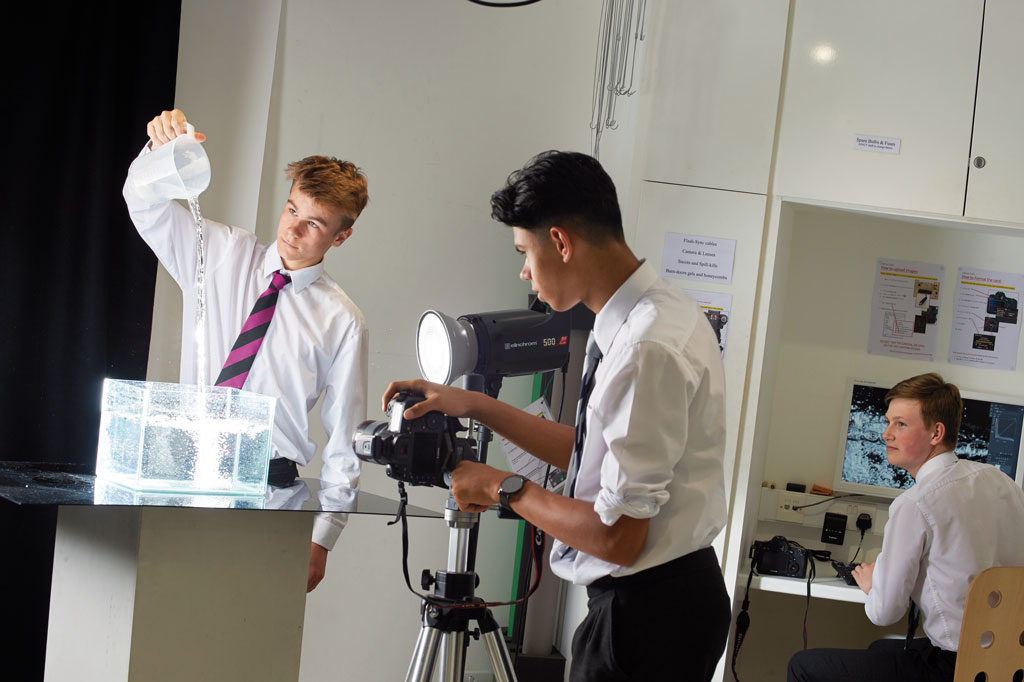
New headmaster of Tonbridge School, James Priory, discusses the importance of experiences beyond the classroom.
Parents browsing school websites or listening to head teachers talk on open mornings may well have noticed a new word gaining currency: the super-curriculum. There is more than an echo of Mary Poppins’ supercalifragilistic in this expression, a word which could mean something ‘extraordinarily good’, or if you’re a fan of the film version, a word you use when you simply have nothing to say!
If the curriculum is all about the academic subjects on offer, both core and optional; and if the extra-curriculum is about those activities which happen outside of the classroom, even if re-branded as the co-curriculum to emphasise pupils’ overall personal development; then what exactly is meant by the super-curriculum and how important is it when considering a school for your child?

Universities and employers are showing increasing interest in pupils’ super-curricular profiles.
A Definition
As a Year 11 pupil, each week I visited a PhD student at the university across the road from my school, who was researching the theology of C S Lewis’s Narnia books. He was blind and had limited technology available. I read aloud his draft thesis and recorded on tape theological texts which, in honesty, had limited meaning at the time, but significant appeal. Later, we visited places associated with C S Lewis and went for tea with Lewis’s friend and editor, Walter Hooper. I may not have known it then, but this was the super-curriculum in action.
I believe that the super-curriculum is important because it represents all those opportunities to develop depth and breadth of learning which extend beyond what the curriculum requires. It finds many forms: clubs and societies, national and international competitions, visiting speakers and festivals, study tours, independent research projects, MOOCs (Massive Open Online Courses) and blogs. It enables pupils to develop specialist knowledge in areas that already seize their interest, but it can also inspire curiosity about areas previously unknown and unventured.
Universities and employers are showing increasing interest in pupils’ super-curricular profiles. They recognise the need for specialism with breadth, and the flexibility that this implies. As C L R James teasingly asks in his book Beyond the Boundary, ‘What does he know of cricket who only cricket knows?’
In an age in which information can be instantaneously available, other aspects of lifelong learning are becoming key: young people’s sense of curiosity and their readiness to make intellectual connections; their ability to think creatively and critically; their confidence to collaborate and communicate.
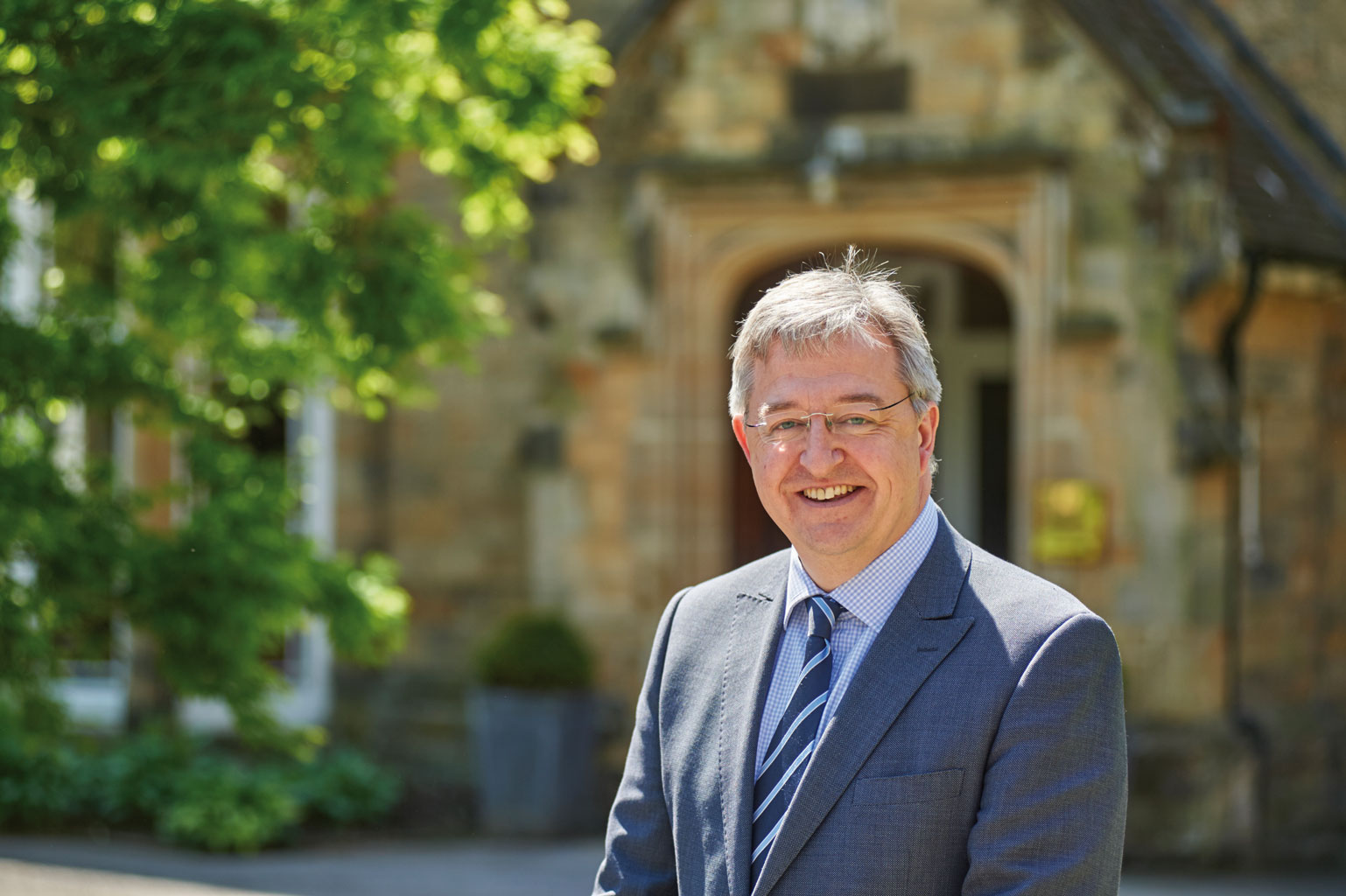
James Priory, Tonbridge School’s new headmaster as of August 2018, having previously been Head of Portsmouth Grammar School.
The Stumbling Blocks
There are, however, warning signs to watch out for. It is easy to produce a list of activities and style it as a super-curriculum. If the opportunities on offer are random and if participation is sporadic, then it would be reasonable to challenge what value such a ‘super-curriculum’ has. And even if the list seems superficially impressive, what does it say about the quality of experience in the curriculum if all the fun and enquiry
is happening outside the classroom and not inside?
Instead, I would encourage parents to look for evidence that pupils really do enjoy extending themselves and that they respect this in each other. Ask how effective schools are in encouraging pupils to become involved in their learning: to ask questions, to debate and share ideas. Are the teachers themselves encouraged to develop
their learning in new and exciting directions?
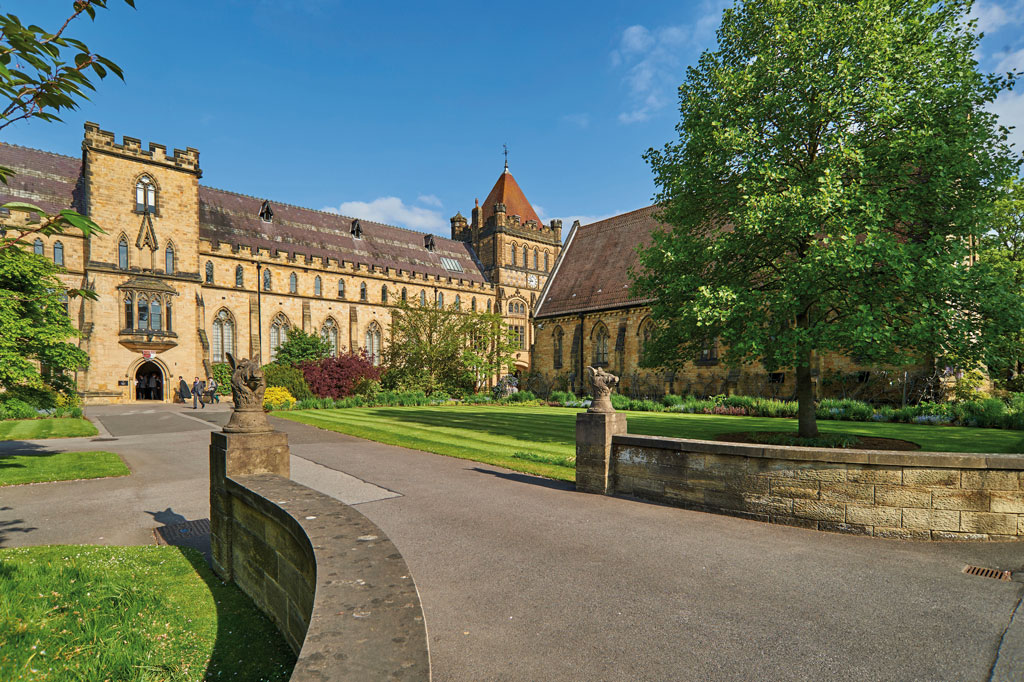
Tonbridge School, Kent
The Vision
I was attracted to Tonbridge School precisely because it has a culture which celebrates learning and which challenges boys to put their learning into action.
I am very excited to see how we can develop its super-curriculum still further. To borrow an image from those early conversations about C S Lewis and Narnia, it ought to be like stepping into the wardrobe and finding a whole new world inside.
READ MORE: How To Measure A School’s Success And Choose The Best | What Can The Arts Do For STEM?

